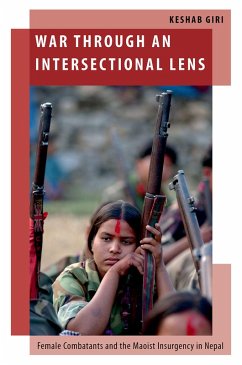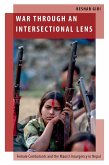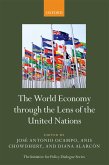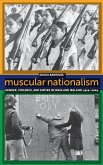In
War through an Intersectional Lens, author Keshab Giri looks at how women combatants experience pre-war, war,and post-war both in public and private spheres by using intersectionality both as a theoretical framework and methodological tool. Featuring thirty-nine in-depth interviews with Maoist female ex-combatants, their leaders, and experts in Nepal between 2017 and 2018, this book is complemented by extensive archival research, wide-ranging primary and secondary sources such as key Maoist statements and policy documents from the war era, memoirs of women ex-combatants, media sources, and academic literature. Giri ultimately finds that female combatants' experiences of pre-war, war, and post-war, both in public and private spheres, are conditioned by their interlocking systems of oppression and identities such as class, caste, ethnicity, social status, educational status, and geographical location. He makes an important contribution to the feminist IR literature, feminist security studies, and makes significant policy implications, particularly concerning reintegration of female combatants, peacebuilding, and the Women Peace and Security agenda.
Dieser Download kann aus rechtlichen Gründen nur mit Rechnungsadresse in A, B, BG, CY, CZ, D, DK, EW, E, FIN, F, GR, HR, H, IRL, I, LT, L, LR, M, NL, PL, P, R, S, SLO, SK ausgeliefert werden.









